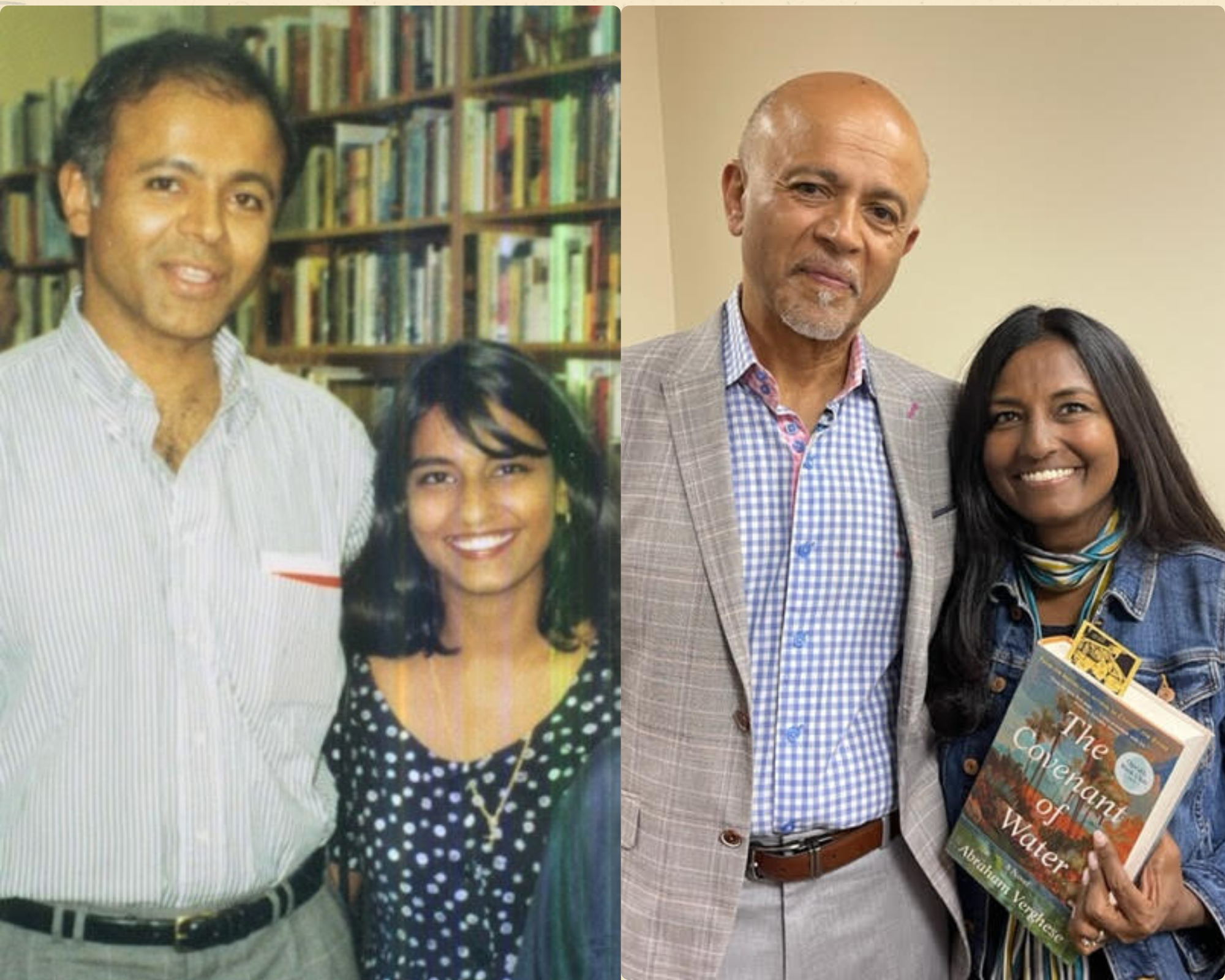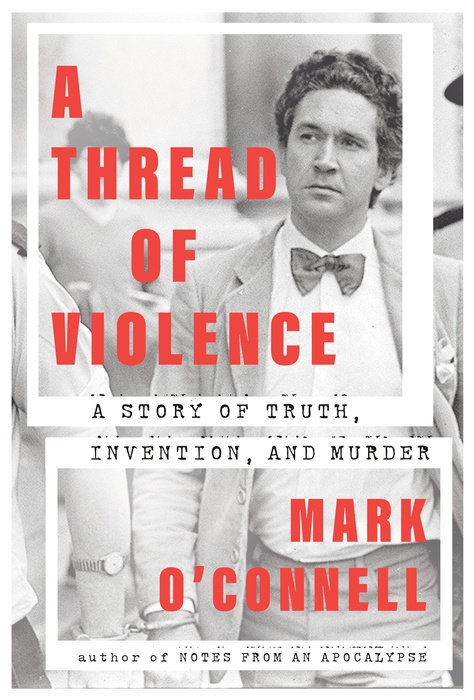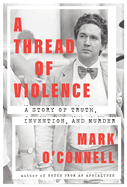 |
| Martin Amis |
Martin Amis, "whose caustic, erudite and bleakly comic novels redefined British fiction in the 1980s and '90s with their sharp appraisal of tabloid culture and consumer excess, and whose private life made him tabloid fodder himself," died May 19, the New York Times reported. He was 73.
Amis published 15 novels, a well-regarded memoir (Experience, in 2000), works of nonfiction, and collections of essays and short stories. He is best known for his London trilogy of novels: Money: A Suicide Note (1985), London Fields (1990), and The Information (1995). Amis's most recent book was the "novelized autobiography" Inside Story (2020), which was shortlisted for the National Book Critics' Circle award for fiction.
Amis's fame "built to a crescendo in the mid-1990s. One 'scandal,' as chronicled in English tabloids like the Daily Mail, followed the next," the Times noted, adding that in 1994, he dropped his longtime agent, Pat Kavanagh, for the rival agent Andrew Wylie, "whom the British press nicknamed 'the Jackal,' and a larger advance on a novel. The amount Mr. Amis wanted, a reported $794,500 (about $1.6 million today), was deemed unseemly." The same year, Amis made headlines after leaving his first wife, writer and journalist Antonia Phillips, for writer Isabel Fonseca; and for details about some expensive dental work, "although he saw it as an acute medical necessity."
Ultimately, however, it was about the writing. Amis's 1984 novel Money was named by Robert McCrum in the Guardian as among the 100 best novels written in English. McCrum called it a "zeitgeist book that remains one of the dominant novels of the 1980s.... The thrill of Money, which is turbo-charged with savage humor from first to last page, is Amis's prodigal delight in contemporary Anglo-American vernacular."
Amis published his first novel, the Somerset Maugham Award-winning The Rachel Papers (1973), while working as an editorial assistant at the Times Literary Supplement, the Guardian reported. His darkly comic Dead Babies was published the following year. He worked as the literary editor of the New Statesman between 1977 and 1979, during which time he published his third novel, Success.
Amis was often compared with his Booker Prize-winning father, Kingsley Amis. Though Martin Amis made the 1991 Booker shortlist for Time's Arrow and was longlisted in 2003 for Yellow Dog, he never won. He once told BBC Radio 4 he wished he had put "greater distance" between himself and his father, with the "Amis franchise" becoming "something of a burden." He eventually wrote about his father's death in his memoir, Experience (2000)
In a statement, his publisher, Vintage Books, said: "For 40 years Martin Amis bestrode the world of U.K. publishing: first by defining what it meant to be a literary wunderkind by releasing his first novel at just 24; influencing a generation of prose stylists; and often summing up entire eras with his books, perhaps most notably with his classic novel, Money.... He was always unfailingly warm, kind and generous to those fortunate enough to work closely with him."
Michal Shavit, his U.K. editor, commented: "It's hard to imagine a world without Martin Amis in it. He was the king--a stylist extraordinaire, super cool, a brilliantly witty, erudite and fearless writer, and a truly wonderful man. He has been so important and formative for so many readers and writers over the last half-century. Every time he published a new book it was an event."
His former U.K. editor, Dan Franklin, added: "For so many people of my generation, Martin Amis was the one: the coolest, funniest, most quotable, most beautiful writer in the British literary firmament.... He was fearless in his opinions (although curiously naive about the furor those opinions would provoke in the British press). He wrote inimitable prose and some of the funniest novels you will ever read."
In a tribute, author Geoff Dyer wrote, "I suspect it's difficult for anyone under the age of... what? 30? 40?--to comprehend the thrall Martin Amis exerted on writers now in their 50s or above. One might have to insert a qualifying 'male' here. Or go the other way, stop generalizing and say how thoroughly he had me in his thrall throughout the 1980s and '90s. There were writers I admired more but he was more fun to read than all of them put together. I sat there aghast at his transformative impact on language.... Every page of his writing--in any form--was steeped in his consciousness and I was besotted by that consciousness in all its forms. I think that's why there was such a personality cult around Amis in a way that there could never be a cult of Julian Barnes or A.S. Byatt. Amis was Mick Jagger in literary form."
 "Independent booksellers are the people on the ground, like librarians, who are getting the books into the hands of the readers. I think part of the reason that so many independent bookstores are thriving right now is because they have a very strong connection to their local community. They know who their customers are, who the readers are, who the kids are. They know the teachers, and the librarians, and everyone in town. My time as an independent bookseller put me in that position on the ground, connecting the reader with the book, seeing what would happen when the right book got into the right hand.
"Independent booksellers are the people on the ground, like librarians, who are getting the books into the hands of the readers. I think part of the reason that so many independent bookstores are thriving right now is because they have a very strong connection to their local community. They know who their customers are, who the readers are, who the kids are. They know the teachers, and the librarians, and everyone in town. My time as an independent bookseller put me in that position on the ground, connecting the reader with the book, seeing what would happen when the right book got into the right hand. 











 Author Abraham Verghese shared a story about a dedicated reader who came to see him at Davis-Kidd in Knoxville, Tenn., 30 years ago, and who visited him again at a recent event for his new novel, The Covenant of Water (Grove), hosted by the Georgia Center for the Book, with book sales handled by
Author Abraham Verghese shared a story about a dedicated reader who came to see him at Davis-Kidd in Knoxville, Tenn., 30 years ago, and who visited him again at a recent event for his new novel, The Covenant of Water (Grove), hosted by the Georgia Center for the Book, with book sales handled by  Love. Death. Gray's Papaya. Author and bookseller Emma Straub.
Love. Death. Gray's Papaya. Author and bookseller Emma Straub. "Books and rainy days, two peas in a pod!"
"Books and rainy days, two peas in a pod!"  The Postcard
The Postcard There's a universal human fascination with the criminal mind, but opportunities to apprehend it aren't plentiful. That's what makes Irish journalist Mark O'Connell's A Thread of Violence, an intimate glimpse inside the psyche of an actual yet improbable murderer, so engrossing.
There's a universal human fascination with the criminal mind, but opportunities to apprehend it aren't plentiful. That's what makes Irish journalist Mark O'Connell's A Thread of Violence, an intimate glimpse inside the psyche of an actual yet improbable murderer, so engrossing.